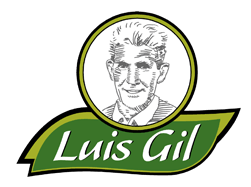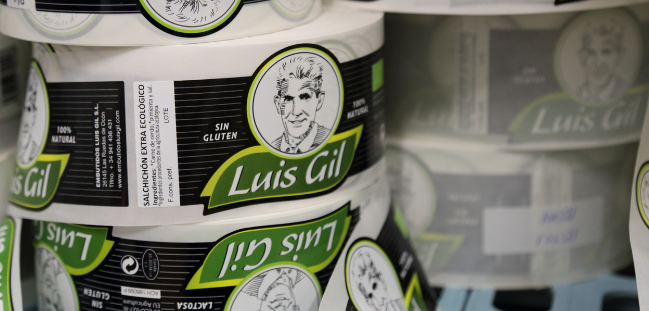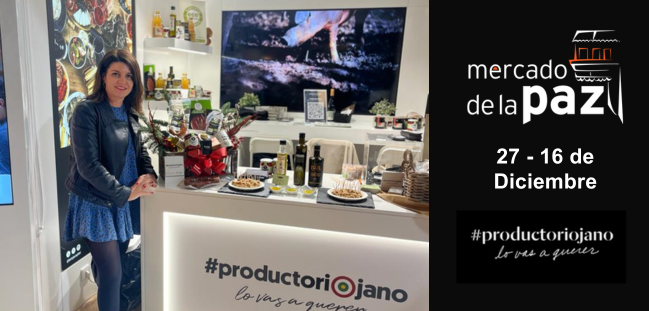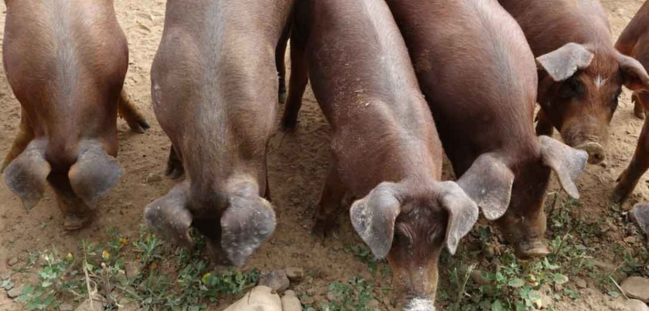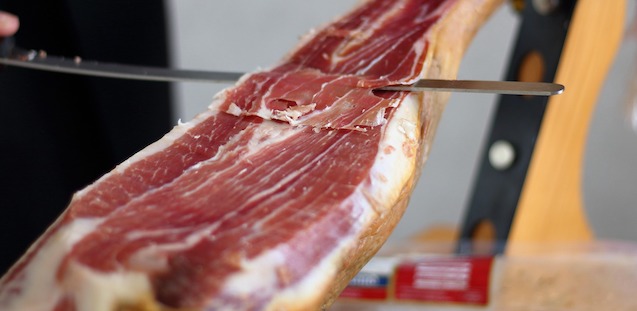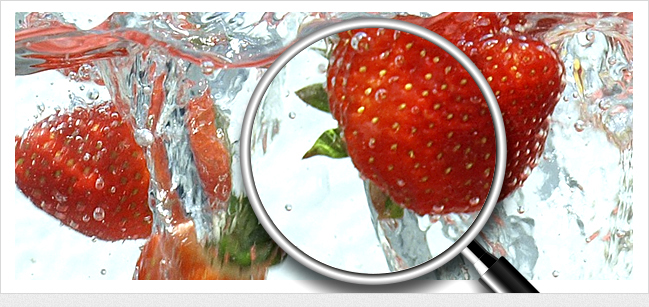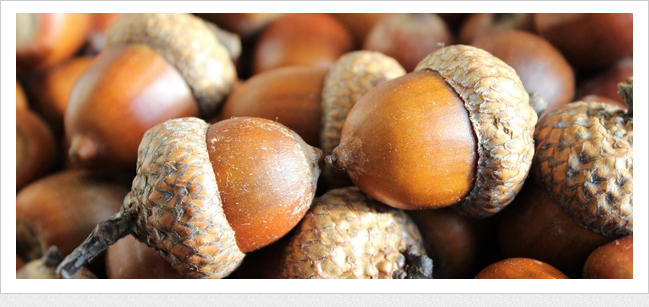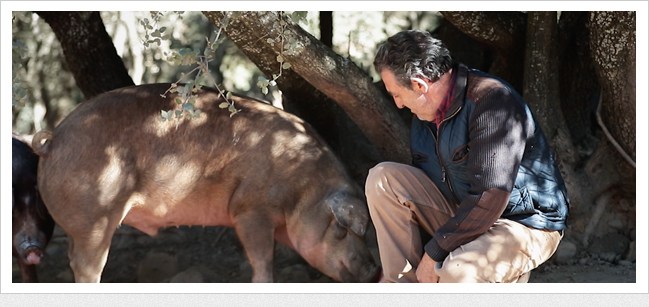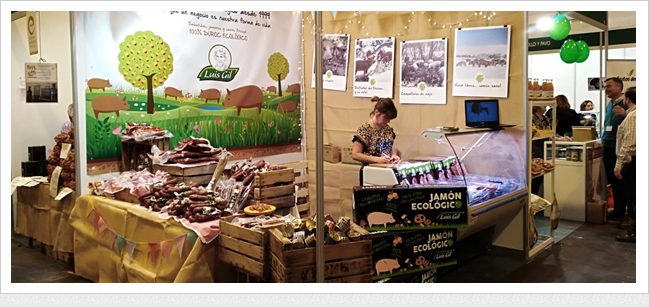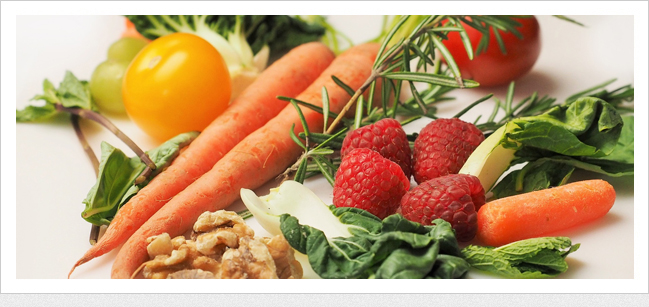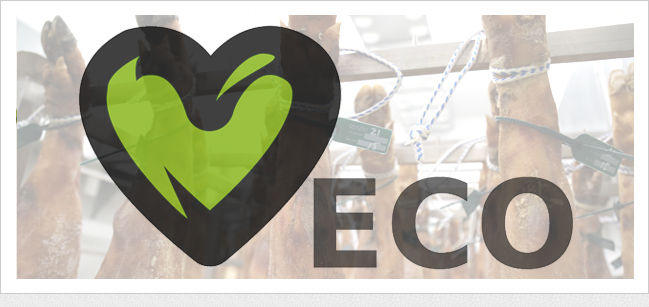This week, a food as basic in our Mediterranean diet as extra virgin olive oil has been in the news due to the poor rating given to it by the controversial Nutri-Score nutritional traffic light. This new system that the Ministry of Health, Consumption and Welfare intends to implement so that consumers can distinguish the nutritional quality of food seems to be going to generate quite a few problems and controversies.
The algorithm that is responsible for assessing the quality of food gives quite inexplicable scores, such as classifying an industrial “zero” soft drink as a food of higher nutritional quality than olive oil or Iberian ham.
Is it logical that natural foods get a much worse rating than some ultra-processed foods? For us it is clear that not, and many nutritionists, such as Carlos Ríos, founder of Realfooding, have questioned the validity and scientific rigor of this system, arguing that it will not improve the quality of the population's diet and will only confuse consumers. consumers.
It seems that the intake of fats or sugars is not the only cause of the high obesity rates, especially in the child population, and one of the most important keys may be in the production processes and the quality and origin of its ingredients. .
Ultra-processed, processed and natural foods
Losultra-processed, omnipresent today on supermarket shelves, are foods made from refined or synthesized ingredients, which are actually substances derived from other foods. You can usually tell when a food is ultra-processed because it contains an endless list of ingredients obtained from industrial processes and no longer maintains any natural food in its original, recognizable form, or if it does, it is a negligible percentage.
These types of foods are best avoided as much as possible. They normally have a very long expiration date. It's okay if you take them one day, very occasionally, but in no case should they be part of our regular diet.
Processed foods are those that undergo some type of transformation, adding other ingredients such as fats, sugars, salt or other additives. They are easily distinguishable because they are different from the original food.
This group would include canned fruits and vegetables, pickles, smoked foods, canned fish, cured meats and sausages, cheeses and also alcoholic beverages and sweets.
LosfoodsprocessedWe already know that we should consume them occasionally but it is important to take into account the enormous differences that can occur between them depending on the type of ingredients and the preparation method.
For example, what are the main differences that you can find between our organic sausages and other brands of sausages?
The key is in the ingredients and additives. A sausage made only with natural products from organic agriculture and livestock, and without any type of additive, is not the same as others that also include preservatives, colorings or antioxidants... Generally, as indicated by Mario Sánchez, food technologistin this articleWhen a sausage has several additives, this indicates a poor quality of its raw materials and therefore we can consider it a food of poorer nutritional quality.
Lastly there are thenatural food, aquellos que se presentan al consumidor en su forma original: frutas, verduras, carne, pescado…frescos. También algunos de estos alimentos que han sufrido un minimo proceso para facilitar su envasado o conservación: vegetales envasados o congelados, lácteos pasteurizados o fermentados (sin que se produzca alcohol). Tienen una fecha de caducidad corta.
Estos son los alimentos que constituyen la base de una alimentación saludable en nuestradieta mediterránea.
Como en el caso de los ultrarpocesados hay diferencias en la calidad nutricional de unos productos naturales y otros. No es lo mismo la carne fresca ecológica obtenida de nuestros cerditos criados en libertad, alimentados con bellotas y raíces de nuestro encinar y pienso elaborado con cereal ecológico que la carne de cerdo criado en una granja industrial.
Por eso a la hora de la compra y seguir una dieta saludable y de calidad nuestra recomendación es prestar mucha atención a los ingredientes para valorar el tipo de alimento que consumimos. Si es ultraprocesado, procesado o natural, pero además tener muy muy en cuenta el origen de ese alimento, ¿de donde viene? ¿cómo ha sido obtenido? ¿cómo se ha producido?
Por esto te animamos a leer siempre las etiquetas de los alimentos que compras, ¡ahí está la clave!
